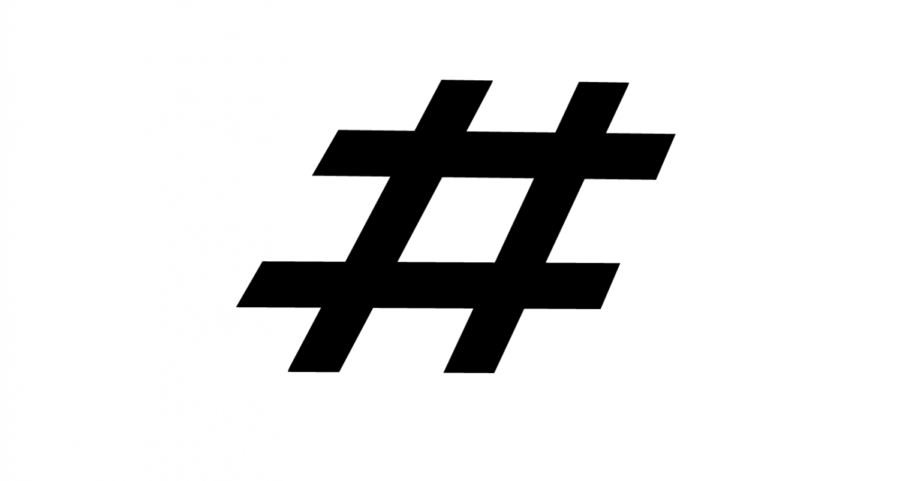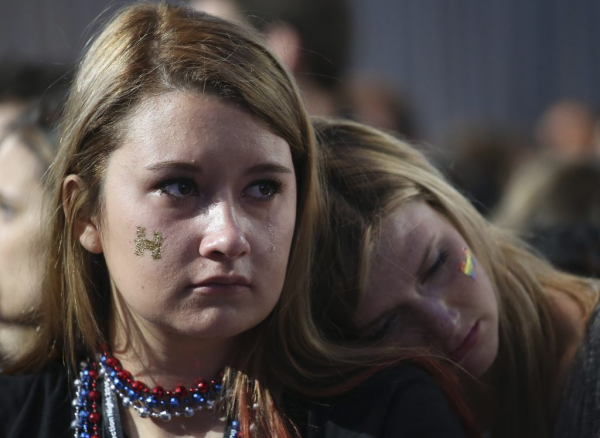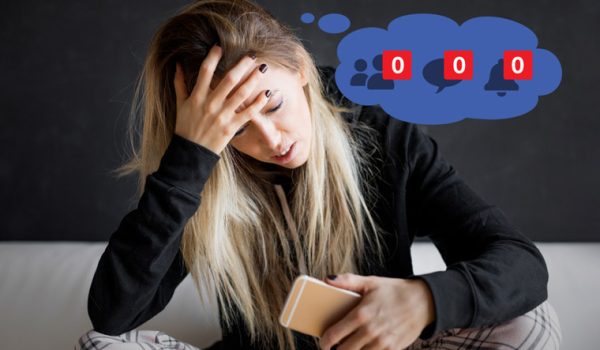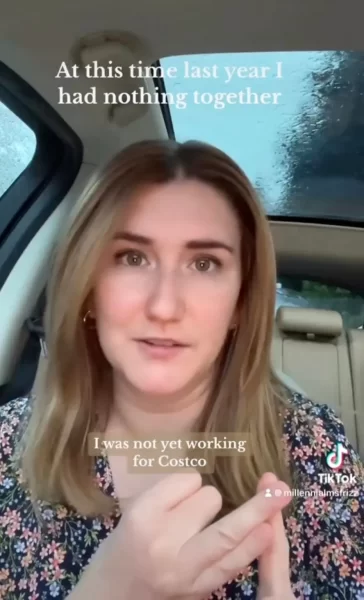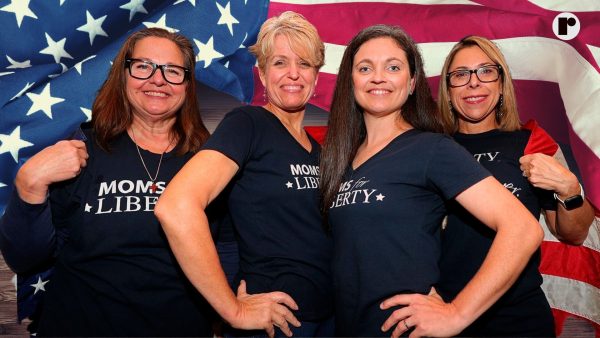Hashtag activism raises awareness
Over the decades, since modern civilization began, really, people have been standing up for what they believe is right and just. Examples include the 1920’s suffragettes, advocating for women’s right to vote, to the 60’s civil rights protests.
We as a society have deemed this as Activism. Something Oxford dictionary as “the policy or action of using vigorous campaigning to bring about political or social change.”
In 2011, The Guardian coined a term that would mark the beginning of a new type of activism that differed wildly from the “foot on the ground” style used up until recently. Hashtag Activism.
Essentially, this was the practice of sharing something online (either on Facebook, Twitter, Instagram, etc.) with the intent of showing support for a cause.
One of the most common misconceptions about online activism is that one can simply share something and that brands them a social activist. It doesn’t. A genuine social activist would use social media the way a person uses local community boards to put up posters for a runaway pets: to get people’s attention.
The primary use of a hashtag is to help raise the awareness/visibility of a movement. It is then, once it has gathered enough people’s attention, that the more meatier work can be done.
In 2006, Tarana Burke, a social activist and community organizer, created the famous #MeToo movement. It wasn’t until around 2016-17 that the movement would gain a broader momentum, but when it did, it changed the conversation around sexual harassment/abuse in this country.
Women-and even some men-came out about their sexual harassment stories. Celebrities like Alyssa Milano and Ellen DeGeneres shared their own stories and the entire movement was seen responsible for the downfall of powerful men like Harvey Weinstein and Matt Lauer.
Almost overnight the grassroots campaign expanded into a global conversation where people from any walk of life could share their stories. Other movements like #BlackLivesMatter and #MarchForOurLives have received the same media attention and have brought their fair share of change.
Hashtag Activism has given marginalized groups incredible recognition. The visibility granted by hashtag activism has far outdone anything previous due to the sheer immensity of social media.
Critics of hashtag activism will say that it’s “lazy” and pressing a like or share button isn’t the same as actually getting involved. It is the bare minimum someone can do in order to technically say they helped a cause.
Of course sharing something online isn’t the same as being a part of a march or protest, but that isn’t the true intent of hashtag activism in the first place. It is simply a way of mobilizing a social or political movement.
Getting people engaged online is a very productive first step in any movement, but can only be carried further with action offline.

I am in the 12th grade. I decided to take this class because I found it interesting. In the future I want to be a divorce lawyer.



